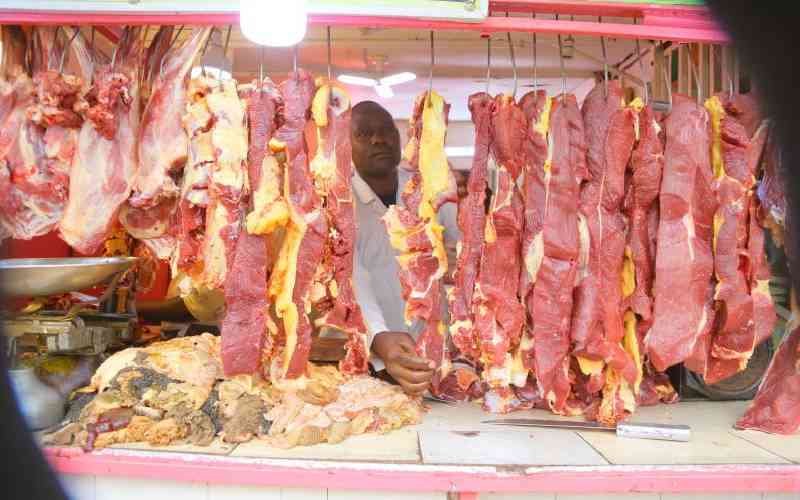Antimicrobial resistance (AMR) is no longer a distant concern it is an escalating crisis threatening human health worldwide. Resistant infections are increasingly difficult to treat, and experts warn that if unchecked, AMR could surpass cancer as a leading cause of death by 2050. The threat is particularly pronounced in regions like sub-Saharan Africa, where antibiotic regulation is weaker, and widespread use in both humans and animals fuels resistance.
In Kenya, common bacterial infections are becoming harder to treat with standard antibiotics, pushing healthcare providers to rely on costlier and less accessible alternatives. A major driver of this crisis is the use of antibiotics in food-producing animals. Many farmers routinely administer these drugs not just to treat illness but also to prevent disease and promote growth in healthy animals. Withdrawal periods the time required before treated animals can be safely consumed are often ignored, resulting in antibiotic residues in meat sold to consumers.
Despite high awareness of AMR among farmers, knowledge does not always translate into safer practices. Informal markets, where most of the country’s meat is sold, often operate with minimal regulation, limited veterinary oversight, and little consumer information. This gap between awareness and practice allows resistant bacteria to enter the food chain, posing a serious risk to public health.
Some private sector players are taking steps to mitigate this risk. Leading poultry processors have implemented farm-to-family traceability systems that monitor meat from breeder farms to retail outlets. Regular microbial testing and strict regulation of antibiotic use ensure that products remain free of harmful residues. Such initiatives emphasize that animal welfare, hygiene, and proper handling are directly linked to food safety. Stress-free, cage-free farming not only improves meat quality but also reduces the need for antibiotics, supporting long-term health outcomes for consumers.
Experts warn, however, that these best practices are still the exception rather than the norm. Most meat in Kenya comes from smaller, informal producers who lack the resources or incentive to adhere to strict antibiotic controls. As resistant bacteria spread through food, water, and the environment, the effectiveness of medicines diminishes, leaving the population vulnerable.
The fight against AMR requires coordinated action across human health, agriculture, and environmental sectors. While regulation and monitoring are critical, consumer awareness is equally important. Every meal carries an implicit risk, making it essential to ask what is in the food we eat. Reducing antibiotic use in livestock is not just a farming issue it is a public health imperative that will determine the effectiveness of medicine for generations to come.

